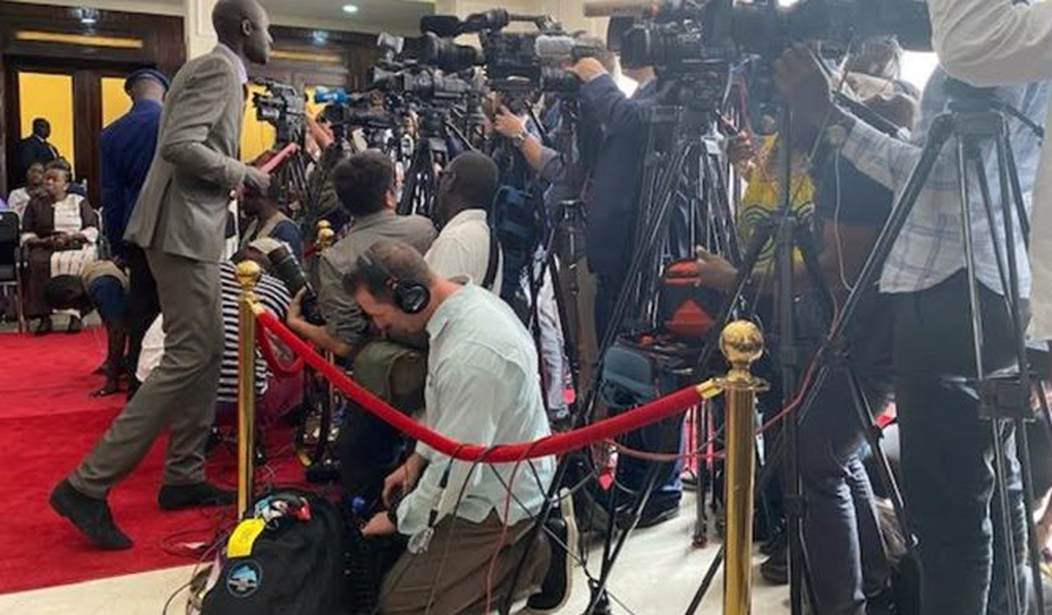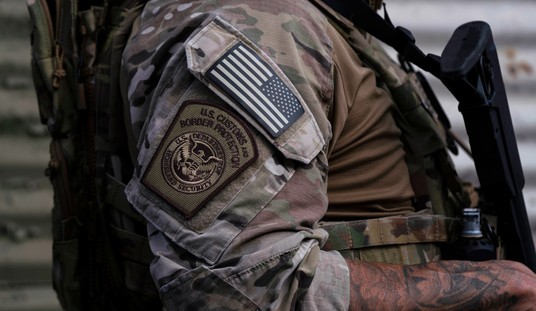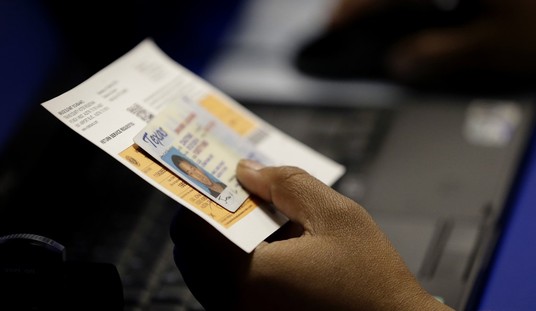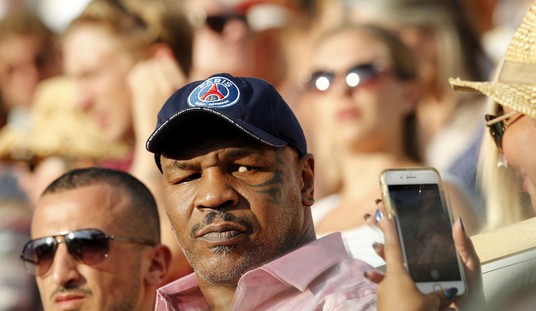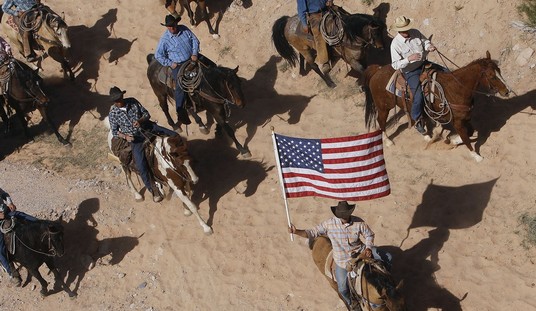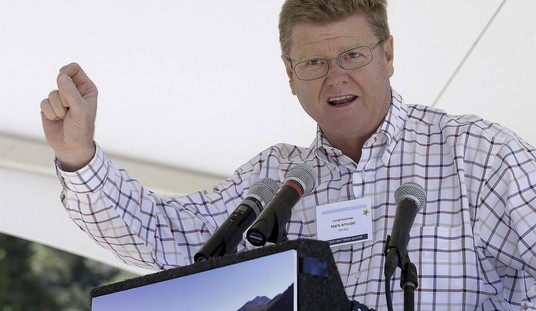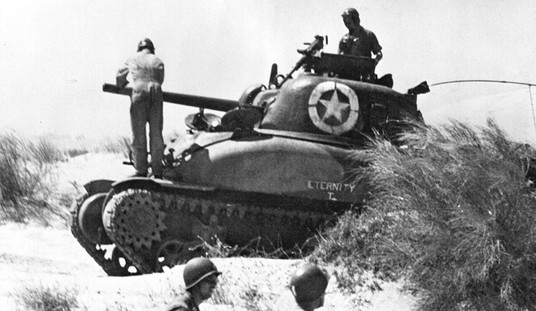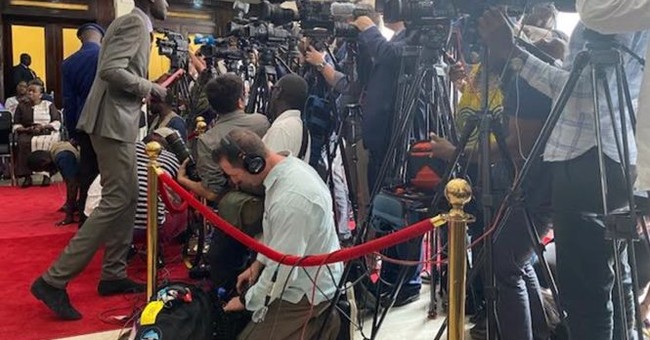
One of the most hysterical things to come out of 2020 was the discovery by Democrat voting blue state residents that their ability to buy a gun has so much red tape and waiting periods attached to it during the COVID-19 panic.
As my colleague and friend Kira Davis wrote, this incensed many would-be lefty gun owners who not long ago were patting themselves on the back for making sure that people who wanted to buy a gun had to jump over a few dozen hurdles in the name of “safety.”
(READ: Virus-Panicked Liberal Gun Buyers Are Getting Angry When They Discover Their Own Gun Control Laws)
The “cool down” or waiting period between purchase and receipt of a firearm that many blue states impose when it comes to buying firearms doesn’t do much with the exception of a two percent drop in suicide rates.
But while it might not be thing that works for guns, it might be a thing to work for the national media.
As I was discussing with the guys at MOJO 5.0 earlier on Wednesday, an idea was presented by host Brad Staggs as I was discussing the media’s incessant need to sensationalize everything and we as a species are having a hard time processing the overwhelming amount of information given to us at all hours of the day.
What if we put a three-day “cool down” period on stories before the national media can report on them?
I’m fully aware that this is impossible and I’m not seriously advocating for this, but I do want to use the concept to highlight a very important point about the state of humanity.
It used to be that news was slow. Our entire world was relegated to walking or horse riding distance. News took time to get to us from far away places. Even the next town over meant a few hours wait before we could get updates. As our technology progressed, we garnered the ability to receive news much faster. The invention of the telegraph (fun fact: my family’s doing) made news arrive faster, but still required distribution to the people from a singular source.
We had time to process information. Situations had the time to play out without the rest of the world weighing in and attempting to infect events.
Then came the radio, the television, and now the internet. Our ability to gather information at lightning speed has piled so much on our minds so fast that we don’t know how to handle it. To make things worse, the deluge of information comes at us so fast that misinformation becomes muddled with real information.
While I haven’t seen any conclusive scientific proof of the effects, just by regular observation, I’m pretty sure it’s driving us crazy.
And if I had to point to one massive entity driving people insane, it’s the mainstream national media. Not only does it have its own agenda, but it’s also feeding the worst bits of news to us 24 hours a day, seven days a week. The ‘if it bleeds, it leads” principle is practiced at all times, showing you a world on fire that you’re caught in the midst of.
Killer viruses, killer hornets, killer riots, killer cops, Killer Mike’s. All the world’s frightening things coming together and fed directly into your brain from a channel or website that knows that the more sensational they can make anything the more liable you’ll reward them with your eyeballs. As a guy in the media, I know the principle well. It works.
The media has a vested interest in all of these killer things listed above on screen and as such will create agendas around seeing to it that they stay there. They stoke tensions between groups, report one-sided stories that make one party out to be everything you hate and smudge truths to encourage wrongdoers to feel like the wrong they’re doing is right.
I have to wonder how many problems in our nation would be solved if local news was given the capability to stay local news for days before the national media was able to get ahold of it. I have to wonder if, by the time something made national news, whether or not the people actually affected by what happened directly would have solutions to the problem and have already been close to getting over it. I have to wonder how many national issues are only national issues because the national media made it so.
For instance, with the George Floyd murder, it’s clear that the vast majority of police aren’t violent killers and would much rather work with their communities against them. Don’t get me wrong, I think out of all this darkness and chaos, a few beautiful moments have happened, but these beautiful moments have come at a cost of more dead people, burned down businesses, destroyed livelihoods, and more.
You could argue that without the national attention, Floyd’s murderers would have simply been fired and that would have been the end of it. Without it, Trump never would have made this a federal investigation and arrests would have never happened.
Maybe.
I do know that without it, people wouldn’t have had stores they relied on burned down and more innocent people wouldn’t be dead. I do know that some people’s livelihoods would still be intact, including many people in black communities whose community is now a smoldering wreck.
I don’t want the national media to be forced to wait on a story before it develops more fully, but it sure would be nice if they operated in a way in too many situations.

